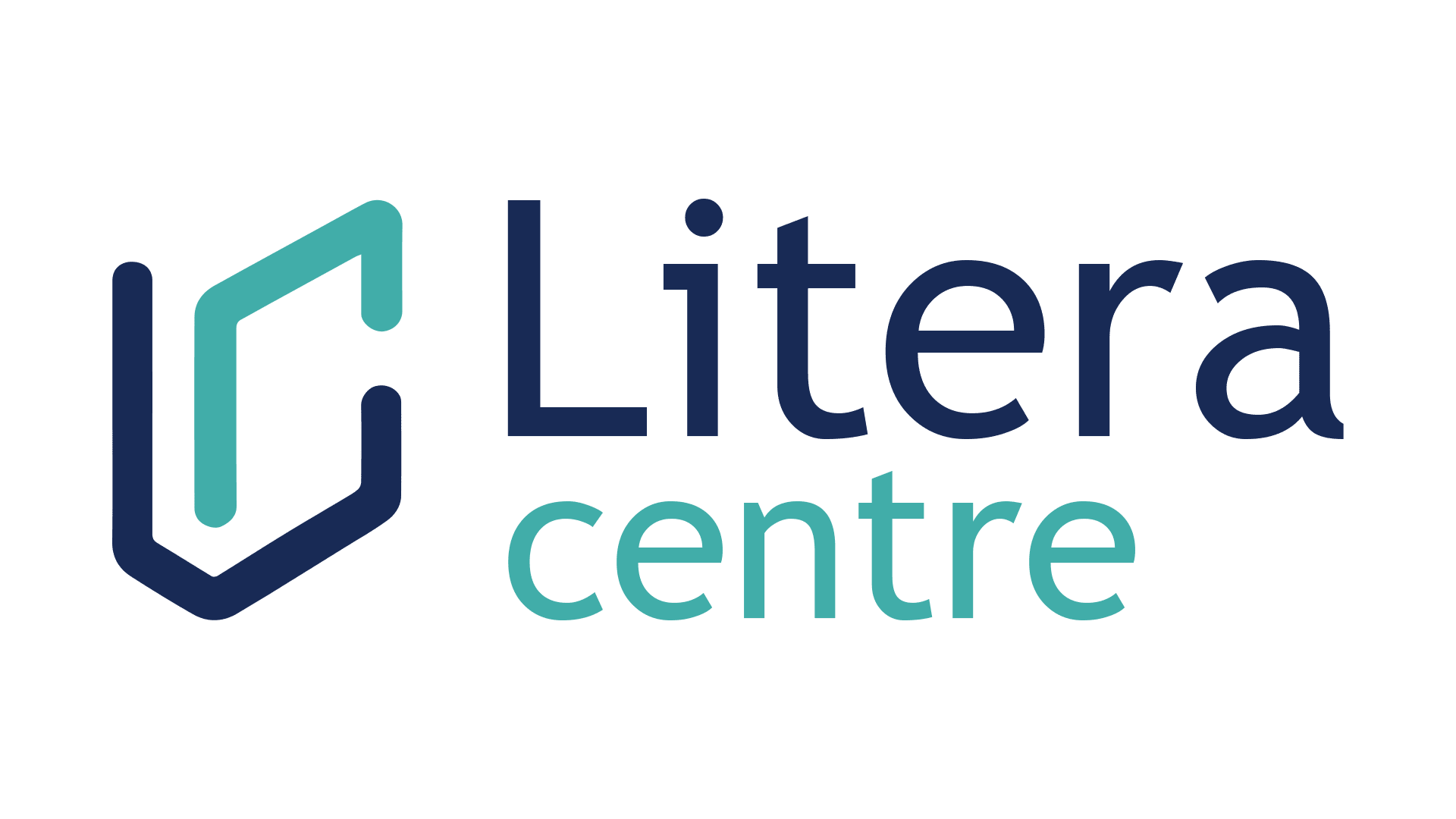The International Baccalaureate Diploma Programme (IBDP) internal examinations are an integral part of the curriculum and can contribute significantly to your final grades.
Here are some IBDP Internal Assessment Strategies for exams:
Understand the Assessment Criteria:
Familiarise yourself with the different assessment criteria for each subject. The International Baccalaureate (IB) provides explicit rubrics for each criterion, and understanding these is essential for success.
Commence early:
Start your assessment (IA) on time to allow sufficient time for completion. Delaying the process can lead to the work being rushed and the quality of the outcome suffering. Starting early not only alleviates the stress associated with tight deadlines but also provides the opportunity to thoroughly review and refine your project.
Procrastination often hinders the production of a quality impact assessment, as last-minute efforts may lack the depth and precision required for a successful outcome. By starting work early, you have the opportunity to revise, gather feedback, and improve your project, ultimately contributing to a polished and well-executed final submission.
Select a Topic that Is Both Applicable and Intriguing:
Pick a subject that truly sparks your interest. When you choose a topic that genuinely captivates you, it becomes a driving force that keeps you motivated throughout the entire research and writing journey. Your passion for the subject matter shines through in your work, making the process more enjoyable and fulfilling.
Additionally, make sure your chosen topic fits seamlessly within the specified requirements and scope of the subject. This ensures that your exploration remains focused and aligned with the expectations set for the assignment.
Conduct comprehensive research:

Dive into thorough research for your project. Explore a diverse range of sources, delving into both primary and secondary materials as relevant to your topic. A meticulously researched Individual Assessment (IA) not only showcases a deeper understanding but also reflects advanced critical thinking skills. By drawing insights from various sources, you enrich the content and elevate the overall quality of your work.
Ensure your exploration goes beyond the surface, examining primary materials firsthand and supplementing with secondary sources to offer a comprehensive perspective. This multifaceted approach enhances the credibility and depth of your IA, demonstrating a thoughtful and well-rounded engagement with the subject matter.
Structure Your Work Effectively:
Give your IA a well-organized and coherent framework. Establish a clear and logical structure that encompasses key elements such as an introduction, research question, methodology, results, analysis, conclusion, and bibliography.
Ensure that each section seamlessly flows into the next, creating a smooth and connected narrative. This structured approach not only enhances the overall readability but also contributes to a more compelling and impactful presentation of your research.
Engage in Thoughtful Analysis:

In the International Baccalaureate Diploma Programme (IBDP), emphasizing critical thinking is crucial. Take a discerning approach to your findings, evaluating various perspectives with depth and insight.
Demonstrate an awareness of the limitations inherent in your research, showcasing a nuanced understanding of the complexities surrounding your chosen topic. This emphasis on critical thinking not only aligns with the IBDP’s values but also elevates the intellectual rigor of your work.
Mind the Word Limit:
Pay close attention to the designated word count for each section of your work. Striking the right balance is essential—exceeding or falling short of the specified limit may lead to potential penalties.
By staying within the prescribed word count, you ensure a concise and focused presentation, allowing your ideas to be expressed effectively without compromising on the quality of your content.
This attention to detail reflects your commitment to meeting the requirements and standards set for the assignment.
Nurture Critical Thinking:
In the world of the International Baccalaureate Diploma Programme (IBDP), critical thinking holds immense value. Dive into a thorough analysis of your findings, exploring diverse perspectives with a discerning eye.
Exhibit an acute awareness of the limitations embedded in your research, showcasing a nuanced understanding of the complexities inherent in your chosen topic.
Respect the Word Boundaries:

Respect the prescribed word count for each section of your work. Balancing within these limits is key; surpassing or falling short may incur penalties.
Staying within the specified word count ensures a focused and concise presentation, allowing your ideas to shine without compromising quality.
This attention to detail reflects your commitment to meeting the assignment’s requirements and standards.
Embrace Constructive Feedback:
Share your work with teachers, classmates, or peers and invite constructive feedback. Embrace criticism as a valuable tool for improvement, helping you refine your ideas and elevate the overall quality of your work.
Refine through Revision:
Before submission, meticulously review your IA. Check for grammatical precision, clarity in expression, and consistency in formatting. Multiple revisions ensure a polished final product.
Credit Sources Appropriately:
Adopt a consistent citation style (APA, MLA, etc.) and acknowledge all sources used. In the IBDP, plagiarism is treated seriously, making proper attribution crucial.
Balance Technology Use:
Leverage technology for research and presentation, ensuring it enhances rather than detracts from your work. Employ tools for data analysis, visualization, and formatting judiciously.
Master Time Management:
Break down your IA into manageable tasks with allocated timeframes. Effective time management minimizes last-minute stress and enhances overall project quality.
Stay Informed on Requirements:
Regularly check for IB updates or clarifications on internal assessments. Be vigilant about any changes in requirements or guidelines to maintain alignment.
Maintain Composure During Presentations:
If your IA involves a presentation, practice beforehand to cover key points within the allotted time. Stay composed and engage with your audience confidently.
By integrating these strategies, you not only improve your prospects for success in IBDP internal assessments but also showcase a robust grasp of the subject matter.
Conclusion:
In summary, these IBDP Internal Assessment Strategies, as carefully crafted by Litera Centre, surpass being a mere roadmap to success in IBDP internal assessments; they encapsulate a comprehensive approach to academic excellence.
As these Litera Centre-supported strategies intertwine, they not only enhance your likelihood of success but also demonstrate a genuine understanding and appreciation for the subject matter.
In the realm of IBDP internal assessments, this Litera Centre-driven approach doesn’t just meet standards; it elevates your work to a level that mirrors your dedication to scholarly pursuits.




